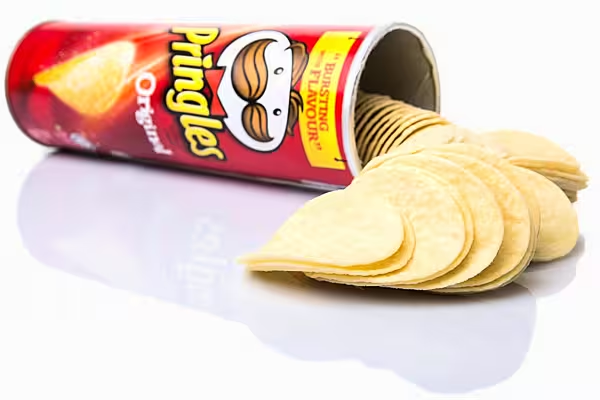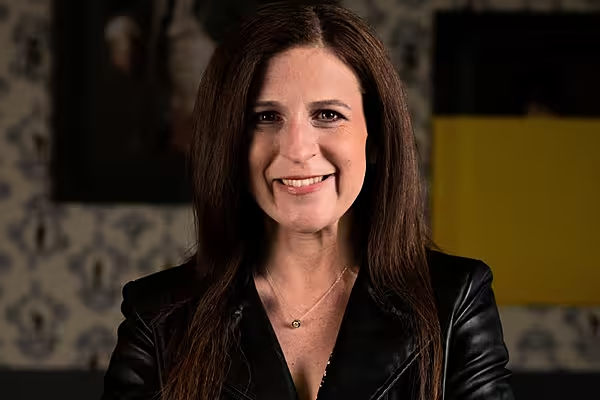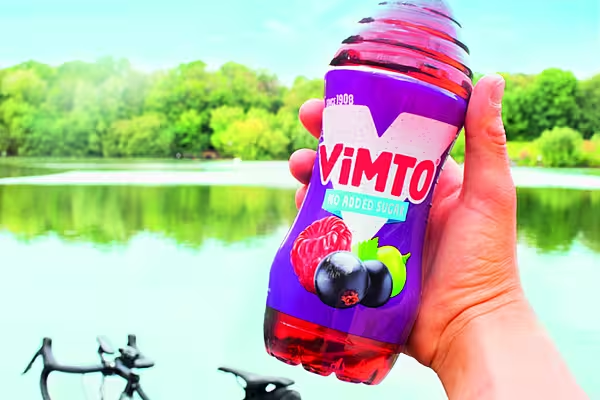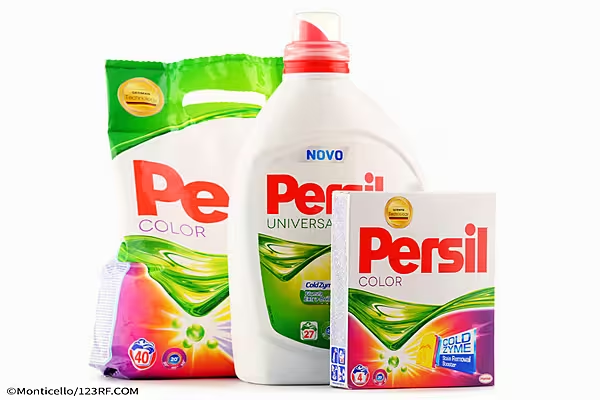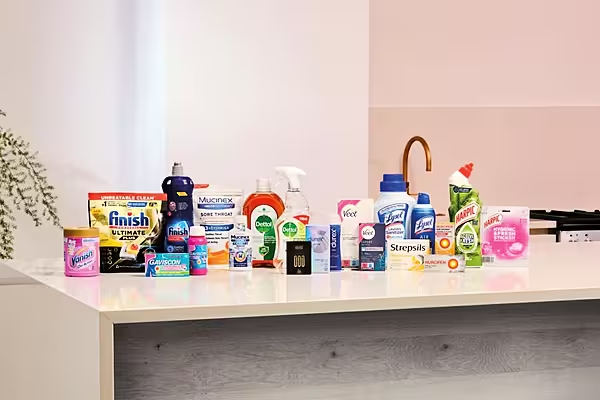As the possibility of a no-deal Brexit looms, Kellogg Co is taking measures to protect Britons from a potential shortage of Pringles, the UK's second-favourite brand of chips.
With Britain at risk of leaving the European Union on 29 March without a divorce deal - known as a 'hard' Brexit - several big companies have begun to prepare for the disruption that could ensue.
New Warehouses
Kellogg is opening new warehouses and stocking up on its snacks and cereals, hoping to mitigate damage from friction at the UK border and tariffs on imports, chief executive Steve Cahillane said in a recent interview.
Kellogg is also working with suppliers to make sure it has enough raw materials at its plants, Cahillane said ahead of CAGNY, a major food and consumer products event held this week in Boca Raton, Florida.
"We're making plans and spending real money to mitigate impact. That's things like opening new warehouses, building inventory, preparing ourselves in the best possible way," Cahillane said.
Cahillane said Kellogg's supply chain left it exposed. For instance, Pringles, the UK's No. 2 chips (crisps) brand after PepsiCo Inc's Walkers, are made in Belgium.
Pringles, which could last up to 15 months in storage, banked UK retail sales of $342.6 million (€303.1 million) last year, according to Euromonitor.
In Europe, Kellogg's cereal business - which makes Coco Pops and Bran Flakes - is sourced primarily from the UK, Cahillane said.
'Hard Brexit Environment'
"In an EU environment that's just fine, but in a customs environment, in a 'hard Brexit' environment, it's going to change and we have to prepare ourselves for that."
Kellogg's cereal business is the biggest in Western Europe with a 23.2% share of the market last year and retail sales $1.68 billion, according to Euromonitor. Europe accounted for nearly 18% of Kellogg's total sales in 2018.
Reuters reported on Tuesday that Britons could face shortages of fresh food, price rises and less variety if the country leaves the European Union next month without agreeing to trade terms.
Fourth-Quarter Earnings
Earlier this month, Kellogg said $3 million (€2.65 million) in Brexit planning costs were partly to blame for lower fourth-quarter earnings.
This compounded surging input costs that have plagued the packaged food industry over the past year. In addition, Kellogg has been spending more on advertising to boost demand for cereals among health-conscious consumers.
"Everyone has this problem. Kellogg's competitors have it too. Brexit's not their core problem," said Jerry Storch, CEO of Storch Advisors, a US-based consulting firm for retailers and consumer goods companies.
Anglo-Dutch consumer goods maker Unilever said in January that it was stockpiling ice creams in Britain and deodorants in continental Europe to guard against potential supply disruptions in the event of a no-deal Brexit.
News by Reuters, edited by ESM. Click subscribe to sign up to ESM: European Supermarket Magazine.
